Ever heard of the poem by Rumi, “The Guest House?” It metaphorically gives a symbolic view of life’s journey and the circumstances of life that a human can encounter. I remember the first time I heard this poem. It was in 2018 and I was sitting in a chair, circled with my classmates at the ending session in my MBSR certificate program. Out of all the poems and meditations I listened to, this one struck me most. It speaks to the mindfulness principle of acceptance, accepted of the unexpected visitor in life: “A Joy, A Depression, A Meanness, The Dark Thought, The Shame, The Malice, meet them at the door laughing, and invite them in,” states Rumi. In a culture of America, where emotions equate to sensitivity or weakness, we can find ourselves not welcoming difficult emotions and circumstances in life, and suppressing and reacting in a form of distress.
Tool 1: Dialectical Behavioral Therapy
Dialectical Behavioral Therapy can be a tool to welcoming that unexpected and unfriendly visitor in your life. According to DBT Tools, “DBT emphasizes learning to bear pain skillfully because pain and distress are part of life and cannot be entirely avoided. Tolerance is necessary during any behavior change because impulsive behavior would interfere. Distress tolerance is the ability to perceive the environment as it is, without demanding that it be different. Consider a tool to assist in getting through difficult emotions by trying the ACCEPTS Skill with Activities (Focus attention on a task you need to get done), Contributions (Find Volunteer Work To Do), Comparisons (Compare yourself to the less fortunate), Emotions (Listen to emotional music that creates a different emotion), Pushing Away (Push the situation away for a while).”
Tool 2: Radical Acceptance
According to Very Well Mind, “Radical Acceptance is based on the notion that suffering comes not directly from pain, but from one’s attachment to the pain. It has its roots in Buddhism and the psychological paradigm put forth by Carl Rogers that acceptance is the first step towards change.” Some ways that you can practice radical acceptance is by a plan of action of what you will do, and coping statements such as, “I can only control the present moment. I will get through this no matter what.” I loved that Very Well Mind specifies the difference between normal acceptance and radical acceptance. It is radical, as it is a conscious decision to see things differently, according to Arlin Cunic. In my own personal life I’ve made a conscious decision to practice radical acceptance in the pandemic by adapting to the change rather than resisting it. What’s one way you’ve practiced radical acceptance this year so far? Tell us in the comments below!
References
https://www.verywellmind.com/what-is-radical-acceptance-5120614
https://www.soulfularogya.com/guest-house-poem-rumi/
https://dbt.tools/distress_tolerance/index.php


